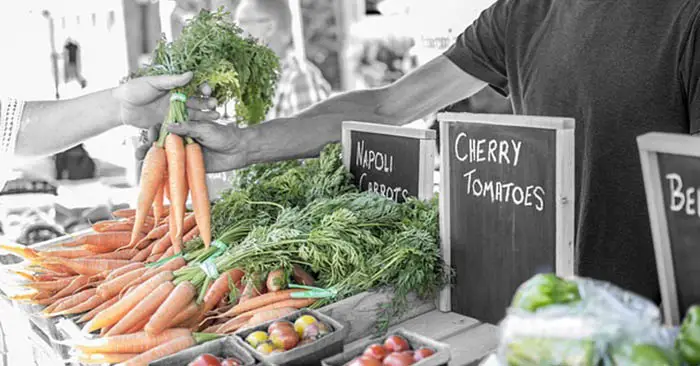SHTFPreparedness may collect a share of sales or other compensation from the links on this page.
For most of us, money acts as our primary or sole medium of exchange.
Fiat Money

While the value of the American dollar is not fixed in the short term, its purchasing power is stable, with real value loss (or gain) occurring in the long term.
When making preparations for a disaster scenario, be it the aftermath of a devastating weather event or prolonged civil unrest, it is important to remember that the value of currency will almost certainly decrease due to inflation.
When determining one’s level of preparedness, one cannot simply substitute savings for the necessities an individual or family will need if social/economic collapse occurs.
We spend a few pennies, on average, for a gallon of city tap water, while the value of that same gallon of safe drinking water, in a disaster scenario, will increase significantly.
Not only does the value of money change but also the value of goods, especially, basic necessities.
Where the value of money remains stable, access to drinkable water, fresh perishable goods, medical supplies, ammunition, etc., is still likely to be limited.
It’s best to have what is needed, as you cannot predict the general availability of the items you need, your ability to access them, or the price at which they may be acquired.
Barter
Direct barter transactions, exchanging one good for another, have become popular again.
This is primarily due to computers and other means of mass communication, which allow people to advertise their goods and services to a large number of people at once.
Likewise, it makes it possible for the seller to update information in real-time as circumstances (location, stock level, or prices) change.
In the last few years, we’ve seen that despite incidences of civil unrest, violence, natural disasters, or other emergencies, social media sites and online marketplaces have not become inactive during crises. However, many people lose access.
These lines of communication aren’t guaranteed to be open should an emergency situation arise. However, it would be wise to become acquainted with online barter communities.
Additionally, offline barter exchanges are useful in order to learn who produces what, the level of interest in what you have to trade, and with whom you might potentially exchange goods.
In a barter economy, the good or service itself acts as a store of value. Outside of producing or stocking for the needs of the individual or family, it would be wise to have items to exchange that will be in high demand but low supply.
Wrapping Up
The law of demand states that the higher the price of a good, the lower the demand will be.
However, this is not the case in a disaster scenario.
The types of goods and services desired in an emergency tend to be inelastic, meaning the demand remains the same even when the “price” (in this case, the number or quality of goods for which a good can be exchanged) increases.
This is the reason some states have laws against price gouging during weather emergencies. People will fill up their tanks even when the price of gas has jumped several dollars per gallon.
If a good or service is in limited supply but in high demand, it will be a high-value barter good and an ideal item to stock up on.
